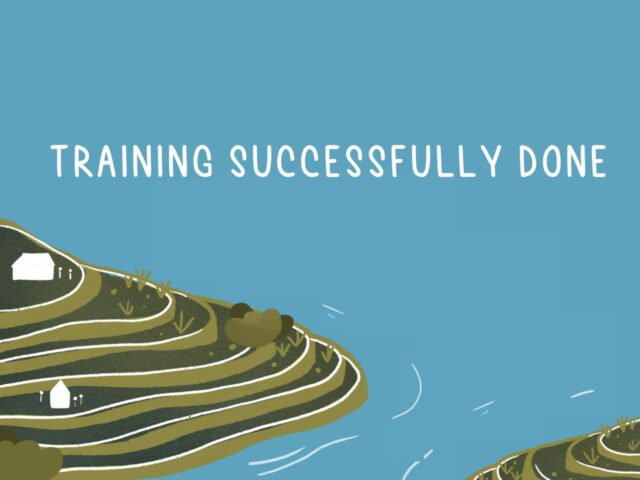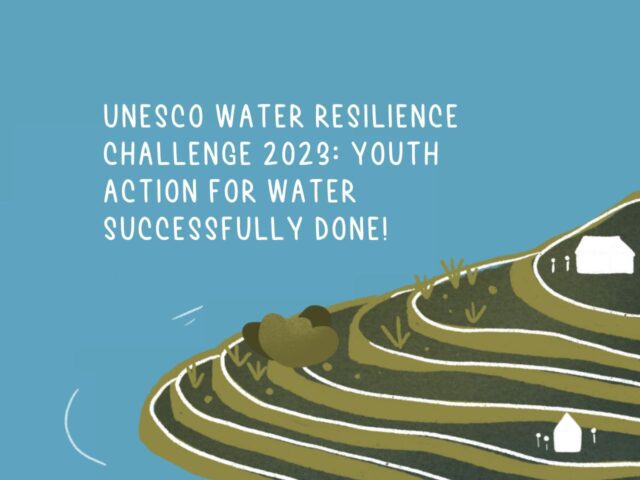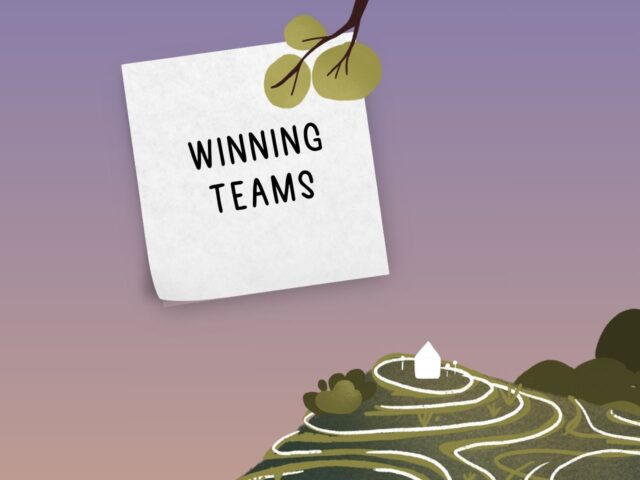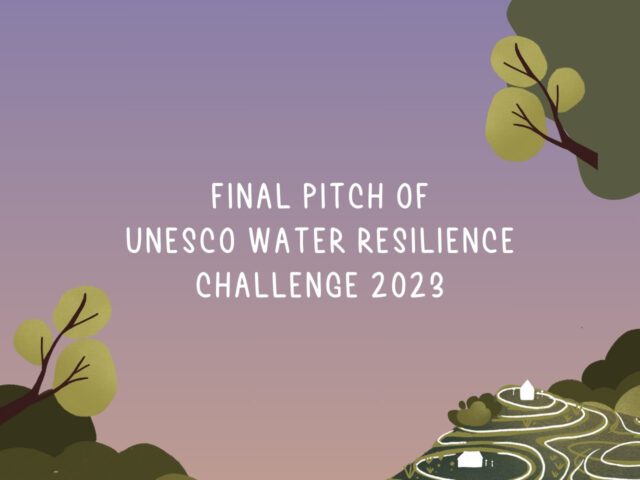Thanks to the experts, the training sessions have now successfully done. They really became interactive engaging sessions, fostering strong connections between youths and experts. The participants gained knowledge shared by the experts, which they will use to develop their idea for UNESCO-designated sites. The experts shared knowledge about many topics including inclusive stakeholder engagement, IWRM as sustainable water management, climate mitigation, adaptation & resilience, and natured-based solutions for biodiversity & ecosystem.
Inclusive Stakeholder Engagement
As the first training session, Maum Ego highlighted the significance of involving stakeholder engagement in sustainable water management. The participants also engaged in interactive discussions with Maum Ego, exploring strategies for effectively approaching local communities.
IWRM as Sustainable Water Management
“Why is integrated water resources management important?”, this was what Neil emphasized in the second training session. He mentioned the impact of climate change on the water cycle and its significance in various aspects of life. Moreover, the presentation covered real-time data, watershed preservation, and the use of technological tools like AI and machine learning.
Climate Mitigation, Adaptation and Resilience
Global Warming and climate change significantly affect both environment and civilization. In Khai Lin’s knowledge sharing session, she focused on the urgency of addressing global warming and climate change, emphasizing the strategies for climate mitigation, adaptation and resilience.
Nature-based Solutions for Biodiversity & Ecosystem
In the last training session, she explained Nature-based solutions as one of the options for adaptation and mitigation of environmental issues. She also emphasized the importance of water storage ponds, diverse plant ecosystems, and cohabitation with other species for environmental health.





